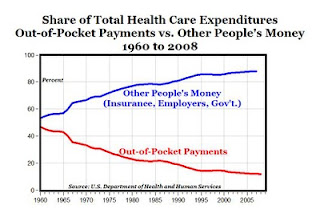Porn: Is it good for us?
Via The Scientist: But what do the data say? Over the years, many scientists have investigated the link between pornography (considered legal under the First Amendment in the United States unless judged “obscene”) and sex crimes and attitudes towards women. And in every region investigated, researchers have found that as pornography has increased in availability, sex crimes have either decreased or not increased. Read more: Porn: Good for us? - The Scientist - Magazine of the Life Sciences http://www.the-scientist.com/templates/trackable/display/article1.jsp?type=article&o_url=article/display/57169&id=57169#ixzz0hnnpKhIW


